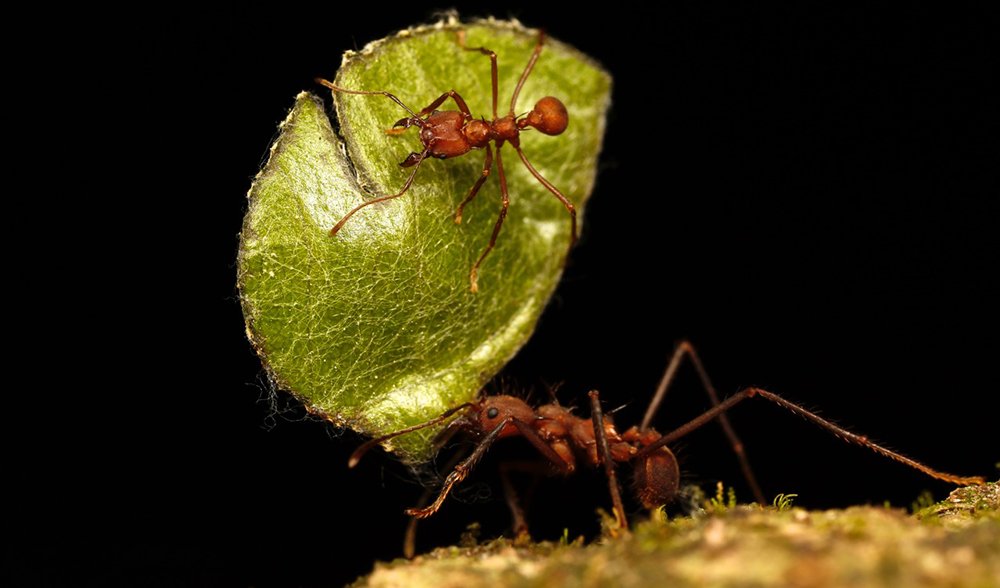Insects could shed light on evolution of consciousness

IS THERE SOMETHING that it’s like to be an insect?
That’s the famous philosophical rule of thumb for consciousness and, according to an opinion paper out today – the answer is yes, there’s probably something that it’s like to be a humble bug.
It’s an idea the two Australian paper authors expect to divide their peers and, they hope, to bring ‘hard’ neuroscientists back into the debate about consciousness.
The authors drew on existing research that links the most basic form of consciousness or awareness in vertebrates (including humans), called ‘subjective experience’, to an evolutionarily ancient part of the brain called the ‘midbrain’. Insect brains, they argue, have functionally similar processing to the vertebrates’ midbrain.
“If we’re saying that the vertebrate midbrain is sufficient to support the capacity for consciousness, then the insect brain could support the same sort of basic awareness. It’s doing the same job,” said Andrew Barron, a neurobiologist at Macquarie University in Sydney, who co-authored the paper with Colin Klein, a senior lecturer in philosophy, also at Macquarie.
Evolution of consciousness
If consciousness can be broken down into simpler forms and distinct parts of the brain, then this has implications for our understanding of its evolutionary origins.
“If the insect brain supports subjective experience, this not only increases the diversity of animals considered to have these abilities – it also requires a reconsideration of when this ability might have appeared on Earth,” the authors said in the paper, which is published in the Proceedings of the National Academy of Sciences.

Leaf cutter ant (Atta colombica). (Image: Ajay Narendra 2016)
Colin and Andrew said that the parts of vertebrate and insect brains that support this basic form of consciousness date back to at least the Cambrian era, more than 480 million years ago.
This leaves open the question of whether basic awareness in organisms evolved in insects and vertebrates separately – or whether it could even predate the divergence of these two groups.
“If we think consciousness is an evolved trait, that it is a product of the mechanisms of the brain, then we should be able to investigate consciousness as a biological phenomenon,” said Andrew.
Raising awareness
So what, then, does ‘basic awareness’ mean? What is it like to be an insect?
“When you chop down a tree it doesn’t feel like anything to a tree. But if I run into a doorway it feels like something to me,” said Colin. “It’s not just that you process information, but that processing feels like something to the organism that is doing it.”
Colin added that not all information processing in humans gives rise to ‘subjective experience’. “There’s a lot of stuff your brain does that you’re not aware of – but at some point you become aware.”
Andrew said that while he expects the paper to polarise opinion, he hopes it will set a framework for future investigation into the neurobiology of consciousness – an area of investigation he says has lost traction among ‘hard’ neuroscientists who see it as anthropomorphic, unfalsifiable and even pointless.
“I’m certainly not expecting everyone to agree,” he said. “We may be wrong, but if how we’re wrong can be explained to us as a neurobiological hypothesis, that’s still progress.”
READ MORE:
- Are plants talking to each other?
- GALLERY: Why we love music
- Shrimp communicate using ‘secret’ light code




